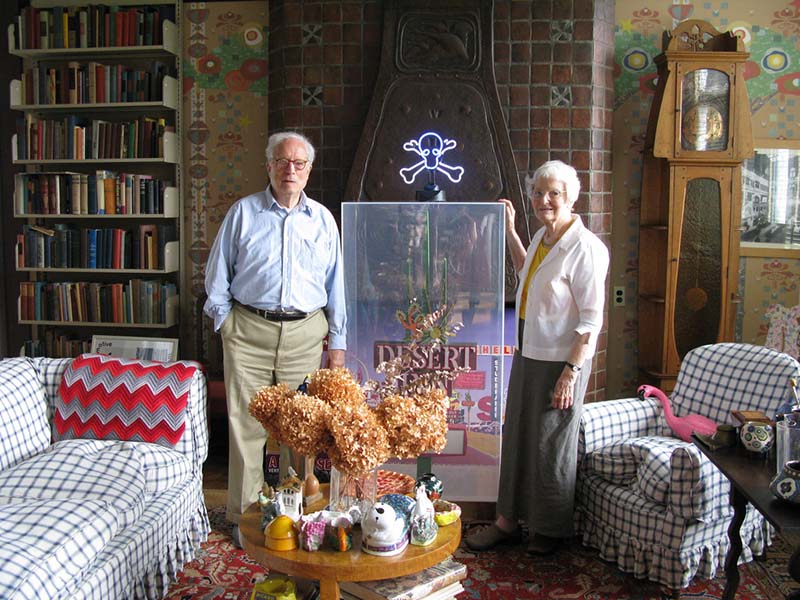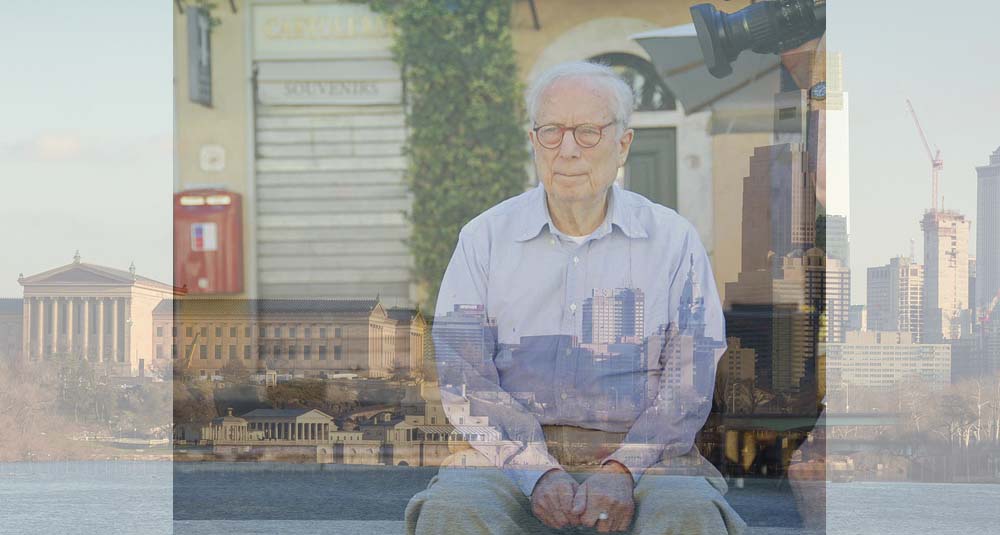Seven years ago, I interviewed architects Robert Venturi and his wife and partner, Denise Scott Brown, for the Drexel InterView. The show, produced out of this University, showcases individuals in all walks of life who have contributed in important ways to our society. Venturi and Brown, who had done some of their major work in Philadelphia and whose practice was located in the city, had long been people I wanted to interview. Venturi had written the groundbreaking Complexity and Contradiction in Architecture in 1966 and, with Brown (and Steven Izenour), the perhaps even more influential Learning from Las Vegas in 1972. They were giants of modern architecture who had managed to oppose both modernism and postmodernism with a singular vision of their own.

The interview did not disappoint. Venturi was the consummate gentleman; Brown was his feisty complement. Interviewing them together, I had a taste of how they must have worked together. He, more deliberate and placating; she more spontaneous and disruptive. I understood that she was also battling a life-long tendency on the part of employers and society in general to put her second, as a woman and as the less prominent figure of the duo (whether the latter was a function of the former or simply a function of their differing architectural roles is hard to say). In any case, I remember that interview as being delightful. His sweetness and her savory were a sublime compound. That compound is now dissolved. A giant in architecture is gone and will be missed. You can watch their dynamic here in the two-part episodes from 2011.
Images courtesy of Pink Iguana and Peter Miller via Flickr and Elekhh via WikiCommons (Creative Commons). Feature image by Melinda Lewis.




